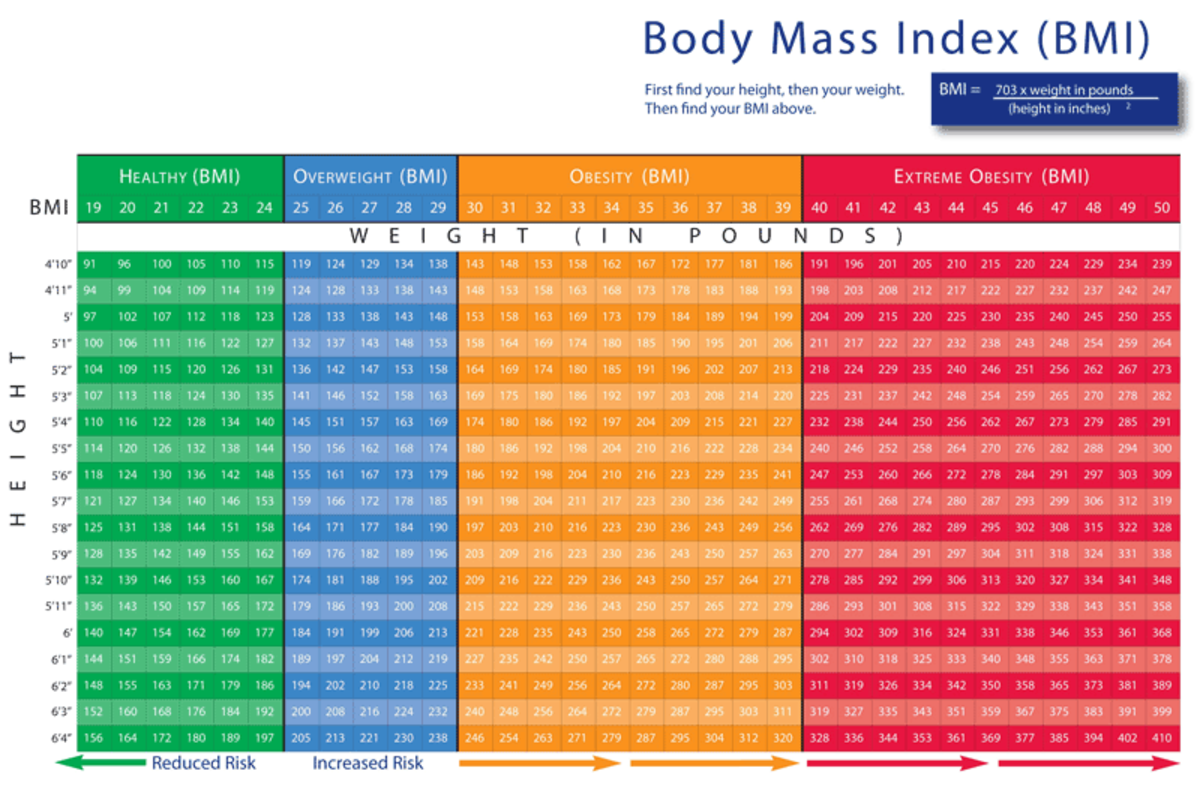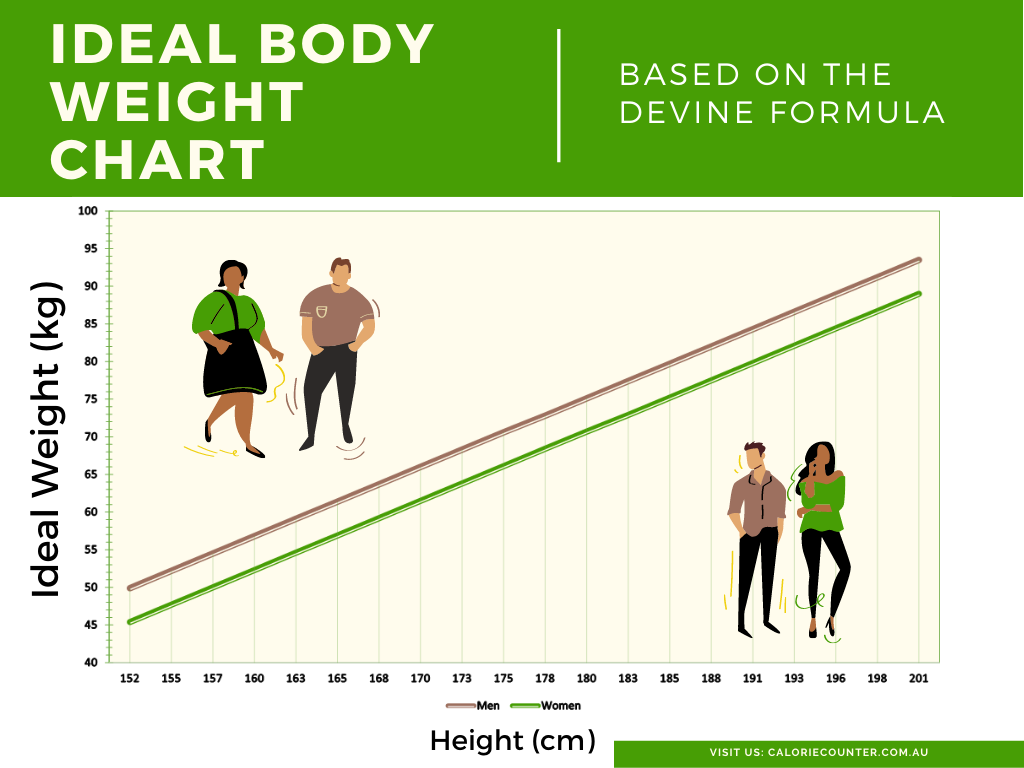“Healthy Body Weight Calculator: A Comprehensive Guide to Achieving Your Ideal Weight
On this special occasion, we are delighted to explore the fascinating topic of Healthy Body Weight Calculator: A Comprehensive Guide to Achieving Your Ideal Weight. Come along as we weave together engaging insights and offer a fresh perspective to our readers.
About Video Healthy Body Weight Calculator: A Comprehensive Guide to Achieving Your Ideal Weight
Healthy Body Weight Calculator: A Comprehensive Guide to Achieving Your Ideal Weight

In today’s health-conscious society, maintaining a healthy body weight is a top priority for many individuals. A healthy weight is not just about aesthetics; it’s a crucial factor in overall well-being, reducing the risk of chronic diseases, and improving quality of life. However, determining what constitutes a "healthy" weight can be confusing, as it varies from person to person. This is where healthy body weight calculators come in handy. In this comprehensive guide, we will explore the concept of healthy body weight, delve into the various methods used to calculate it, and provide practical tips for achieving and maintaining a healthy weight.
What is a Healthy Body Weight?
A healthy body weight is the weight range that is considered optimal for an individual’s height, age, sex, and body composition. It’s the weight at which you are least likely to develop weight-related health problems such as heart disease, type 2 diabetes, certain cancers, and joint problems.
It’s important to note that a healthy body weight is not a one-size-fits-all concept. Factors such as muscle mass, bone density, and body fat distribution can significantly influence what is considered healthy for an individual. Therefore, it’s essential to consider these factors when assessing your weight.
Why is Maintaining a Healthy Body Weight Important?
Maintaining a healthy body weight offers numerous benefits for both physical and mental health:
-
Reduced Risk of Chronic Diseases: Obesity and being overweight are major risk factors for chronic diseases such as heart disease, stroke, type 2 diabetes, certain cancers (e.g., breast, colon, endometrial), and osteoarthritis. Maintaining a healthy weight can significantly reduce your risk of developing these conditions.
-
Improved Cardiovascular Health: Excess weight can strain the cardiovascular system, leading to high blood pressure, high cholesterol levels, and an increased risk of heart attacks and strokes. Losing even a small amount of weight can improve cardiovascular health.
-
Better Blood Sugar Control: Obesity is a major contributor to insulin resistance and type 2 diabetes. Maintaining a healthy weight can improve insulin sensitivity and help regulate blood sugar levels.

-
Reduced Joint Pain: Excess weight puts extra stress on joints, particularly the knees and hips, leading to pain and osteoarthritis. Losing weight can reduce joint pain and improve mobility.

Improved Sleep Quality: Obesity is associated with sleep apnea, a condition in which breathing repeatedly stops and starts during sleep. Maintaining a healthy weight can improve sleep quality and reduce the risk of sleep apnea.
-
Enhanced Mood and Self-Esteem: Maintaining a healthy weight can improve mood, boost self-esteem, and reduce the risk of depression and anxiety.
-
Increased Energy Levels: Carrying excess weight can lead to fatigue and low energy levels. Losing weight can increase energy levels and improve overall vitality.
-
Longer Life Expectancy: Studies have shown that people who maintain a healthy weight tend to live longer and have a lower risk of premature death.

Methods for Calculating Healthy Body Weight
Several methods can be used to calculate healthy body weight. Here are some of the most common:
-
Body Mass Index (BMI):
- BMI is a widely used measure that estimates body fat based on height and weight. It is calculated by dividing weight in kilograms by height in meters squared (kg/m^2).
- BMI Categories:
- Underweight: BMI less than 18.5
- Normal weight: BMI between 18.5 and 24.9
- Overweight: BMI between 25 and 29.9
- Obese: BMI 30 or higher
- Limitations: BMI does not take into account body composition (muscle mass vs. fat mass), age, sex, or ethnicity. It may overestimate body fat in muscular individuals and underestimate it in older adults who have lost muscle mass.
-
Waist Circumference:
- Waist circumference is a measure of abdominal fat, which is associated with a higher risk of health problems.
- Measurement: Measure around the waist at the level of the navel, ensuring the tape measure is snug but not compressing the skin.
- Cutoffs:
- Men: Waist circumference greater than 40 inches (102 cm) indicates increased risk.
- Women: Waist circumference greater than 35 inches (88 cm) indicates increased risk.
- Advantages: Waist circumference is a simple and inexpensive measure that provides valuable information about abdominal fat distribution.
-
Waist-to-Hip Ratio (WHR):
- WHR is calculated by dividing waist circumference by hip circumference. It provides information about the distribution of fat in the body.
- Measurement: Measure waist circumference at the narrowest point and hip circumference at the widest point.
- Cutoffs:
- Men: WHR greater than 0.9 indicates increased risk.
- Women: WHR greater than 0.85 indicates increased risk.
- Advantages: WHR provides a more comprehensive assessment of body fat distribution than waist circumference alone.
-
Body Fat Percentage:
- Body fat percentage is the proportion of your body weight that is made up of fat. It is a more accurate measure of body composition than BMI.
- Measurement Methods:
- Skinfold calipers: Measure the thickness of skinfolds at specific sites on the body.
- Bioelectrical impedance analysis (BIA): Sends a weak electrical current through the body to estimate body fat.
- Dual-energy X-ray absorptiometry (DEXA): Uses X-rays to measure bone density and body composition.
- Hydrostatic weighing (underwater weighing): Measures body density by comparing weight on land to weight underwater.
- Healthy Ranges:
- Men: 8-19%
- Women: 21-32%
- Advantages: Body fat percentage provides a more accurate assessment of body composition than BMI.
-
Ideal Body Weight (IBW) Formulas:
- Several formulas have been developed to estimate ideal body weight based on height, sex, and frame size.
- Hamwi Formula:
- Men: IBW = 106 pounds for the first 5 feet of height + 6 pounds for each inch over 5 feet.
- Women: IBW = 100 pounds for the first 5 feet of height + 5 pounds for each inch over 5 feet.
- Devine Formula:
- Men: IBW = 50 kg + 2.3 kg for each inch over 5 feet.
- Women: IBW = 45.5 kg + 2.3 kg for each inch over 5 feet.
- Limitations: IBW formulas do not take into account body composition or individual variations in body size and shape.
How to Use a Healthy Body Weight Calculator
Healthy body weight calculators are readily available online. To use one effectively, follow these steps:
- Choose a Calculator: Select a calculator that uses the method you prefer (e.g., BMI, waist circumference, body fat percentage).
- Enter Your Information: Accurately input your height, weight, age, sex, and other required information.
- Interpret the Results: Understand the meaning of the results and how they relate to your health.
- Consult a Healthcare Professional: Discuss the results with your doctor or a registered dietitian to get personalized recommendations.
Tips for Achieving and Maintaining a Healthy Weight
- Set Realistic Goals: Aim for gradual and sustainable weight loss or gain.
- Follow a Balanced Diet: Focus on whole, unprocessed foods such as fruits, vegetables, lean protein, and whole grains.
- Control Portion Sizes: Be mindful of how much you’re eating. Use smaller plates and measure your food.
- Stay Hydrated: Drink plenty of water throughout the day.
- Exercise Regularly: Aim for at least 150 minutes of moderate-intensity aerobic exercise or 75 minutes of vigorous-intensity aerobic exercise per week.
- Get Enough Sleep: Aim for 7-9 hours of quality sleep per night.
- Manage Stress: Practice stress-reducing techniques such as yoga, meditation, or spending time in nature.
- Seek Support: Join a weight loss support group or work with a registered dietitian or personal trainer.
- Monitor Your Progress: Track your weight, waist circumference, and other relevant measurements to stay motivated.
- Be Patient: It takes time and effort to achieve and maintain a healthy weight. Don’t get discouraged by setbacks.
Conclusion
Maintaining a healthy body weight is essential for overall health and well-being. Healthy body weight calculators can be valuable tools for assessing your weight and determining whether you need to make changes. However, it’s important to remember that these calculators are just estimates. Consult with a healthcare professional to get personalized recommendations based on your individual needs and health status. By adopting a healthy lifestyle that includes a balanced diet, regular exercise, and stress management, you can achieve and maintain a healthy weight and enjoy a longer, healthier life.

